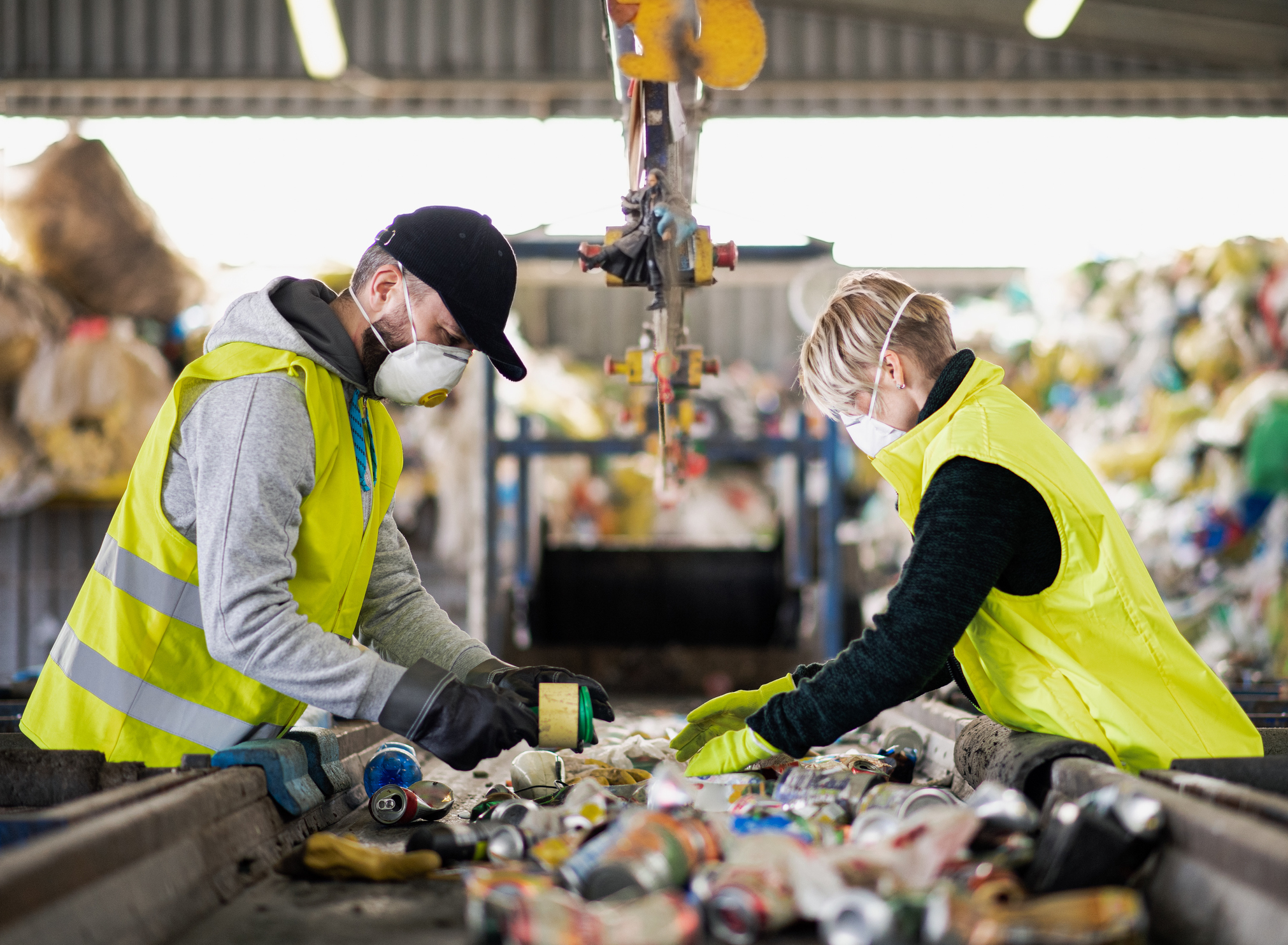Waste management in Bosnia and Herzegovina: a gender equality, social equity and poverty reduction lens
Authors: Claudia Strambo, Lisa Segnestam, Belma Jahović
Discussion brief
September 2021
Gender inequality and social inequity – understood in terms of access to and control over assets, participation in decision making, and knowledge, which are all dimensions of poverty – are deeply intertwined with environmental change. This discussion brief explains how waste management in Bosnia and Herzegovina is deeply related to gender inequality, social inequity and poverty in Bosnia and Herzegovina. It summarises the findings from a review of secondary literature and publicly available databases on environment, health, natural resources, gender equality, social equity and poverty in BiH.
Key messages:
- While waste collection coverage has expanded over the last decade in Bosnia and Herzegovina (BiH), gaps remain and some areas remain underserviced, especially rural regions. Roma households are also more likely to lack access to waste services than non-Roma households.
- Waste disposal practices can be influenced by gender and age. Hence, it is important to recognize and challenge social norms that affect people’s waste reduction and recycling behaviour.
- Due to the lack of alternative employment opportunities, many Roma communities rely on informal activities to make a living, especially collecting and selling garbage. As waste management systems are developed further in BiH, it is important to give informal waste collectors a stable role in this system.
- Waste management is a male-dominated industry. Introducing gender-based quotas and targeted training schemes can help diversify employment in the waste management sector.







